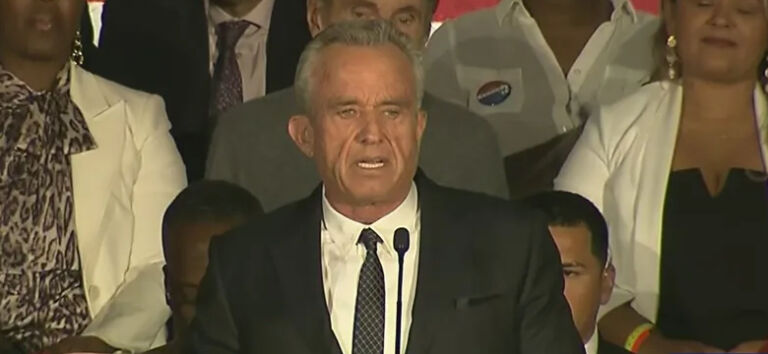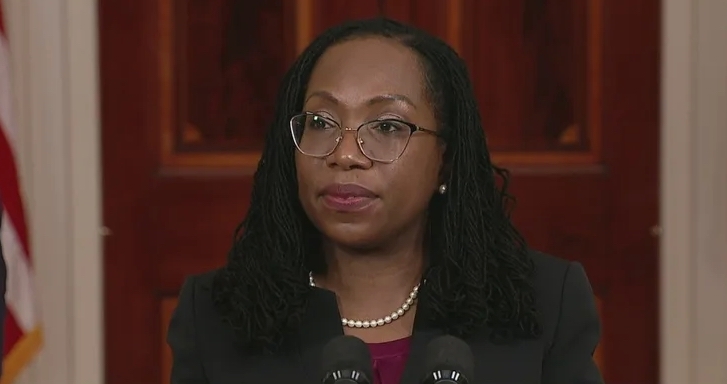Editors at Issues and Insights offer their assessment of the Twitter Files revelations.
“No matter how bad you think things are, if you look closer, you’ll inevitably find it’s worse.” — M. Stanton Evans
For years Twitter denied that it targeted conservatives, despite piles of evidence to the contrary. But who could have imagined that Twitter had been working hand-in-glove with leftist officials in the federal government to silence speech they didn’t like. If Twitter was this bad, imagine what true tech giants like Facebook and Google have been up to.
As conservative paragon M. Stanton Evans rightly observed, whatever you think, it will likely turn out to be far worse.
The revelations that have been emerging over the past month from Twitter’s once-hidden corners – courtesy of Elon Musk – are being greeted with shrugs by reporters and editors who used to care about free speech. For everyone else, each layer uncovered by the Twitter files is worse than even its fiercest critics on the right had imagined.
Matt Taibbi, who is one of the few honest journalists left, has been on top of this from day one, and recently put together a compendium of what we’ve learned about a company that claimed its mission was to give people “the power to create and share ideas and information instantly, without barriers.”
The first batch exposed the internal machinations over Twitter’s decision to blacklist the New York Post’s explosive Hunter Biden laptop story before the 2020 elections. Much of that was already known.
The second batch showed that Twitter was in fact shadowbanning people – despite repeated claims to the contrary. “Twitter had a huge toolbox for controlling the visibility of any user,” Taibbi notes, including a “Search Blacklist,” a “Trends Blacklist,” and a “Do Not Amplify” setting.
Next, we learned that Twitter “Trust and Safety” head Yoel Roth “not only met regularly with the FBI and the Department of Homeland Security, but with the Office of the Director of National Intelligence” and got an insider’s view of how Twitter changed its rules and ignored concerns of several staffers to ban President Donald Trump.
It gets worse as we started to learn the extent to which the federal government had effectively privatized its censorship operations.


